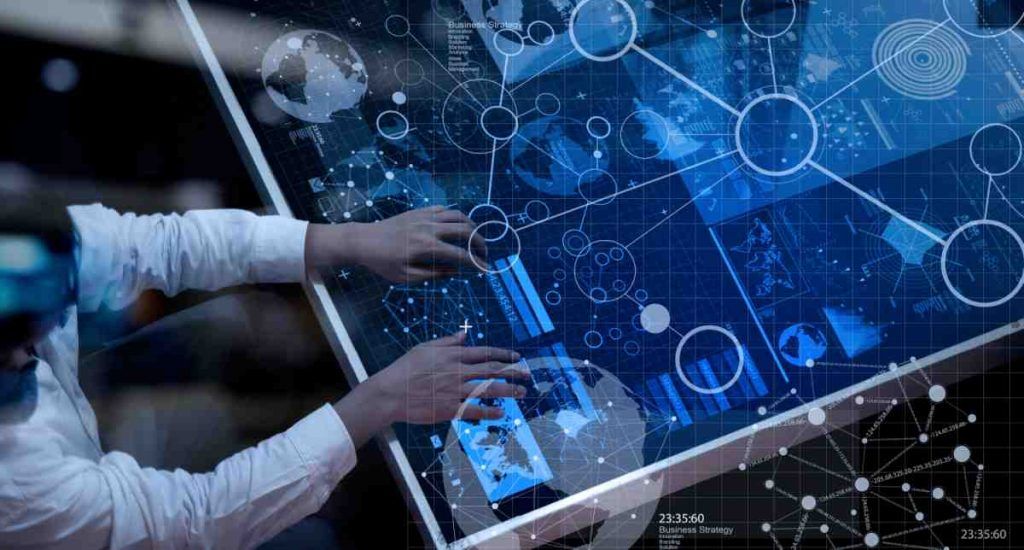Governments around the world have turned to digital technologies to deal with the coronavirus crisis, highlights an analysis by the European Parliament.
One of those digital technologies are mobile devices, which are used to monitor populations and track infected or at-risk people.
Approximately half of the Member States of the European Union have taken location tracking measures in response to the spread of the coronavirus disease, mainly working with telecommunications companies to map population movements using anonymous and aggregated location data and developing applications to track people who are at risk.
The European Commission has called for a common approach by the European Union to the use of mobile applications and mobile data to evaluate social distancing measures, support contact tracking efforts and help limit the spread of the virus.
While governments may be justified in limiting certain fundamental rights and freedoms in order to take effective measures to combat the epidemic, such exceptional and temporary measures must comply with applicable fundamental rights standards and European Union data protection standards and privacy.
Digital technologies
The new coronavirus has sickened more than 2.39 million people, with 164,500 deaths. More than 80 countries have closed their borders to arrivals from countries with infections, have ordered the closure of companies, have instructed their populations to be quarantined, and have closed schools to approximately 1.5 billion children.
Digital technologies, including Big Data analytics and artificial intelligence (AI), can help combat the pandemic in a number of ways, including for early detection of outbreaks, tracking and monitoring of disease spread, prediction of mortality risk, clinical development devices and solutions (eg, temperature detection devices, CT scanners, robots to disinfect areas), optimizing clinical trials of drugs and potential vaccines.
Using mobile phones to track location and trace contacts in order to fight Covid-19
Digital technologies can also detect and remove erroneous virus-related information online.
Social networks
The analysis expose that an increasing number of governments worldwide have introduced digital tracking measures aimed at mapping, monitoring and mitigating the pandemic.
In addition, there are a number of initiatives by researchers and health organizations to develop mobile applications that allow people to share or donate their data to health authorities or scientific institutions to study the disease.

